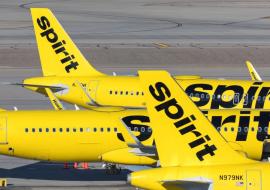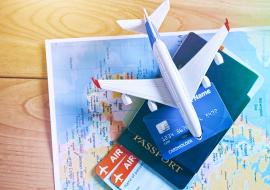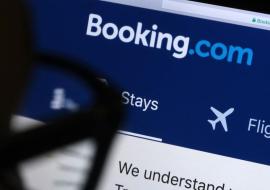CARICOM leaders say no to war
Leaders of the Caribbean Community (CARICOM) have aired their concerned about the downbeat economic impact of the U.S. war against Iraq. Attendants to the small-scale summit held at the Ritz Carlton Hotel in Jamaica’s Kingston assessed the disastrous ripple effects the ongoing military conflict could bring for Caribbean states that depend on smaller economies.
In the same breath, the organization weighed the possibility of giving out a document among all member states with a view to reach general consensus against the White House’s manhunt of Saddam Hussein.
In the course of a meeting held last February in Trinidad & Tobago, most of CARICOM’s fifteen states made clear their rejection to the United States’ unilateral decision to attack Iraq without the go-ahead of the UN Security Council.
For its part, the Pentagon blasted the Caribbean stance calling for a cease-fire and the pullout of U.S. and U.K. troops from Baghdad.
The White House’s special envoy, Otto Reich, called on Caribbean states to reconsider their antiwar position. However, the U.S. warning is construed here as an suggestion that the area is not entitled to freedom of speech.
During the course of the meeting, the CARICOM Bureau reviewed the impact of war on tourism and aviation, the two biggest income sources for most of the Caribbean countries.
Officials here decided to step up the advertisement strategy mapped out for the leisure industry on the heels of the 9/11 terrorist attacks in New York and Washington, an unfortunate occurrence responsible for a good deal of the financial woes that have affected such regional airlines as Liat, Air Jamaica and BWIA.
Attendants also proposed to hold a powwow later this month in order to appraise the goings of the common energy initiative for the region.














